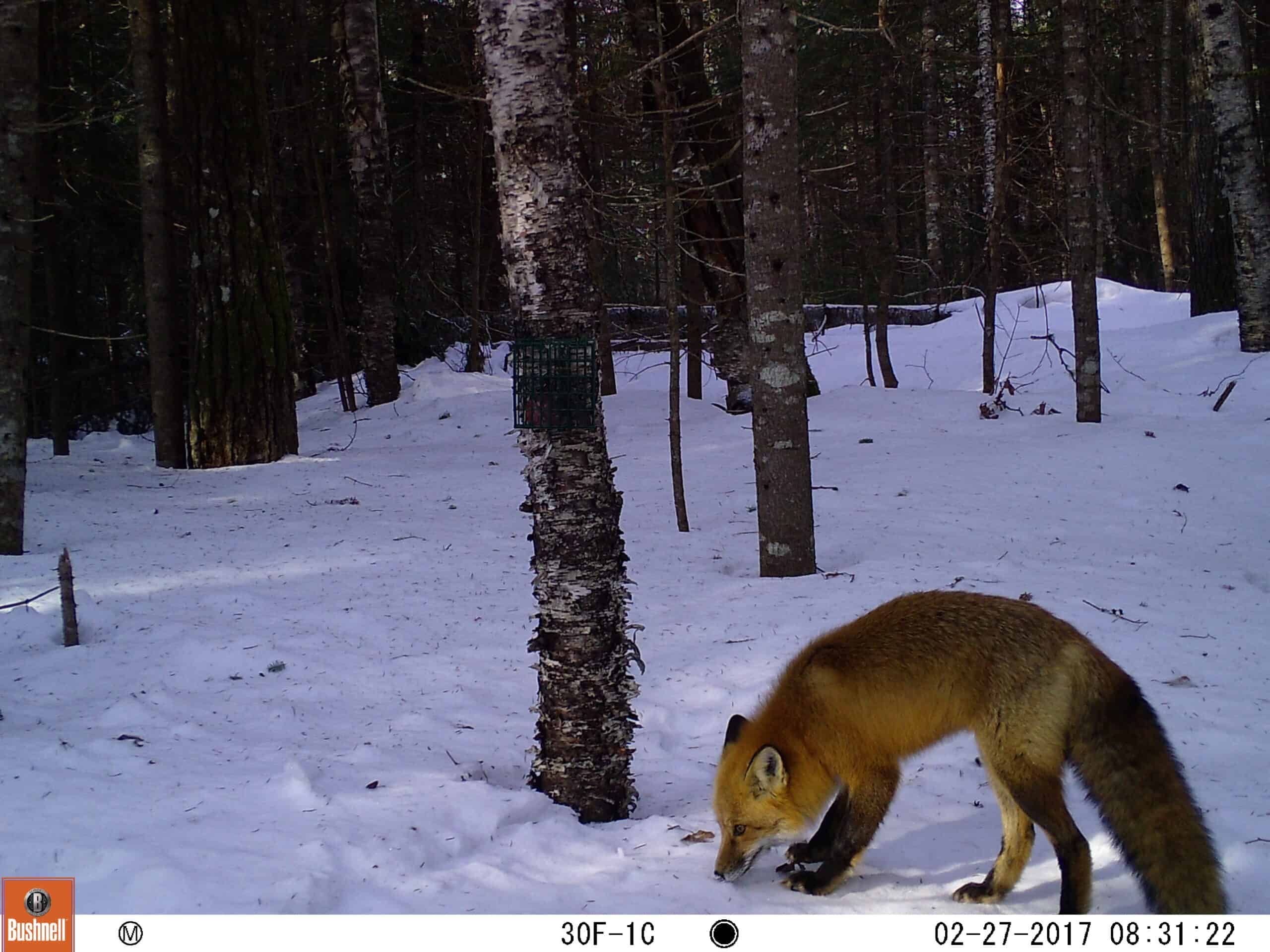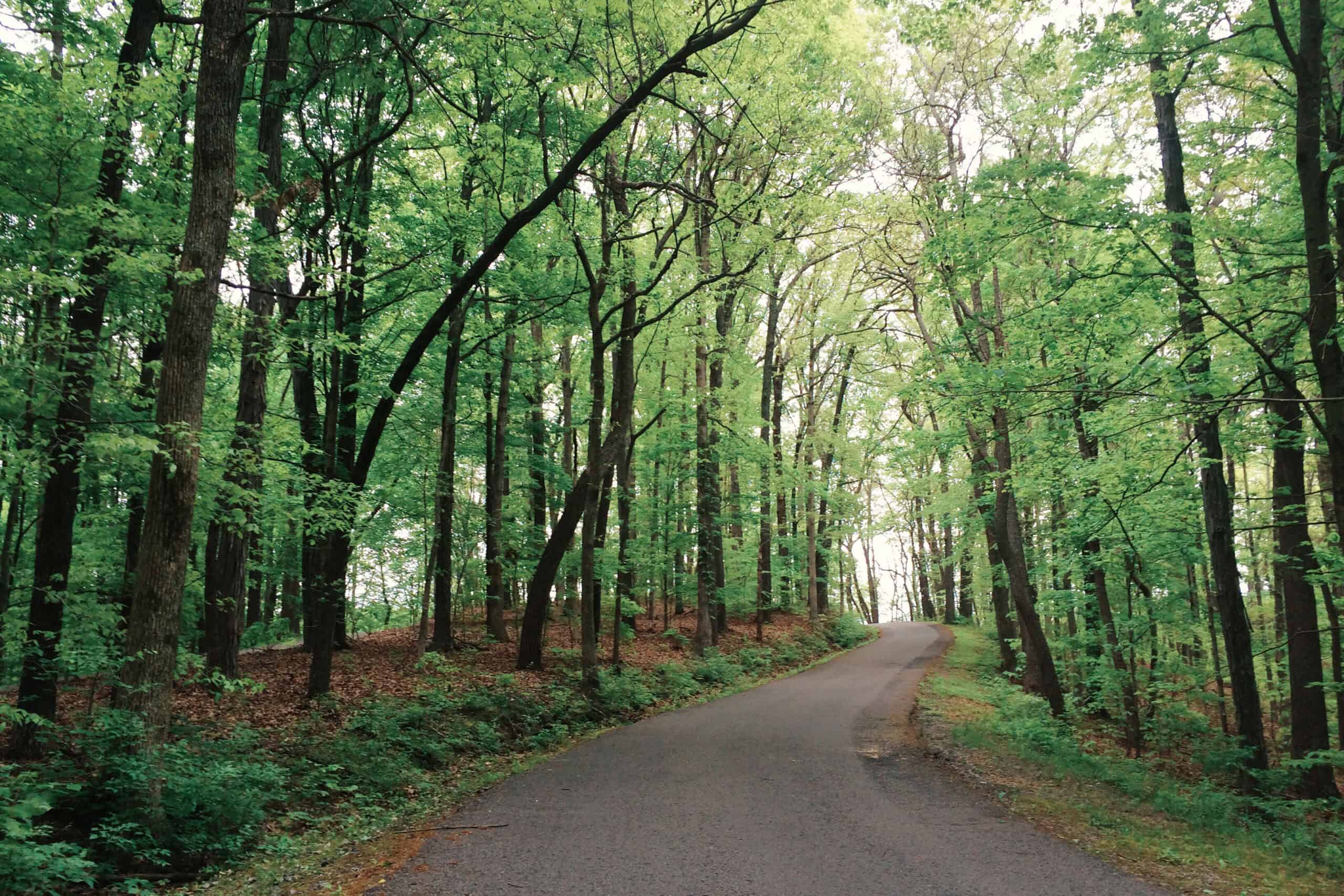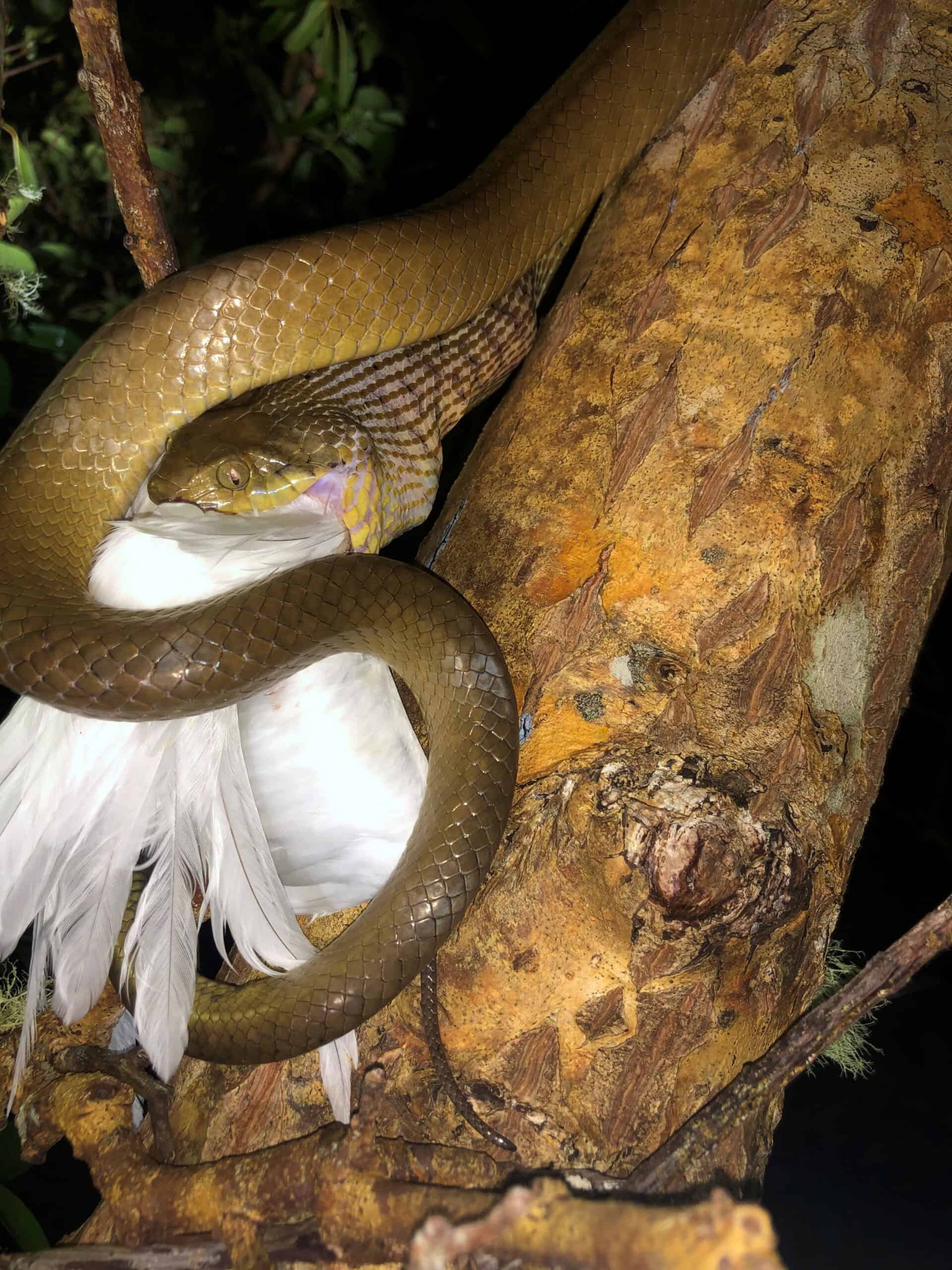Share this article
Ecologically important, turtles are declining globally
Turtles are rapidly going extinct, researchers found, but many people have no idea they’re vanishing and are unaware of the valuable ecological roles they play.
Whit Gibbons, professor emeritus of ecology at the University of Georgia Savannah River Ecology Lab, set out to change that.
For a study published in BioScience, Gibbons and his colleagues collected data on turtles from throughout North America and around the world. The team found that about 61 percent of the world’s 356 turtle species are threatened or already extinct.
“These animals were walking around with the dinosaurs,” Gibbons said. “They haven’t changed much in morphology. They are still here and we’re, in just a small sliver of geologic time, destroying a lot of species that have persisted for eons. What can we do to protect these species? We need to do something about it.”
Gibbons and his coauthors put together their own work and that of others to create a turtle database and examine the roles turtles play in the ecosystem, from creating burrows that other animals use to removing dead fish from lakes.
“They’re a major thread in the patchwork of ecosystems,” Gibbons said.
But human threats stop these turtles from performing their ecosystem functions, he said. Along with habitat loss that affects many different wildlife species, Gibbons said, turtles face the particular threat of commercial exploitation through the illegal pet trade. Additional threats include pesticides, building dams and habitat degradation, he said.
“I think the first step of solving any kind of problem is making people aware of it,” Gibbons said. “It’s hard to do that sometimes, but you have to do it one step at a time, like a turtle would do it — persisting.”
Gibbons will be leading a symposium on turtles at the upcoming TWS annual conference in Cleveland. Click here to register.
Header Image: The diamondback terrapin (Malaclemys terrapin) is native to the brackish coastal tidal marshes of the eastern and southern United States and in Bermuda. ©UGA








